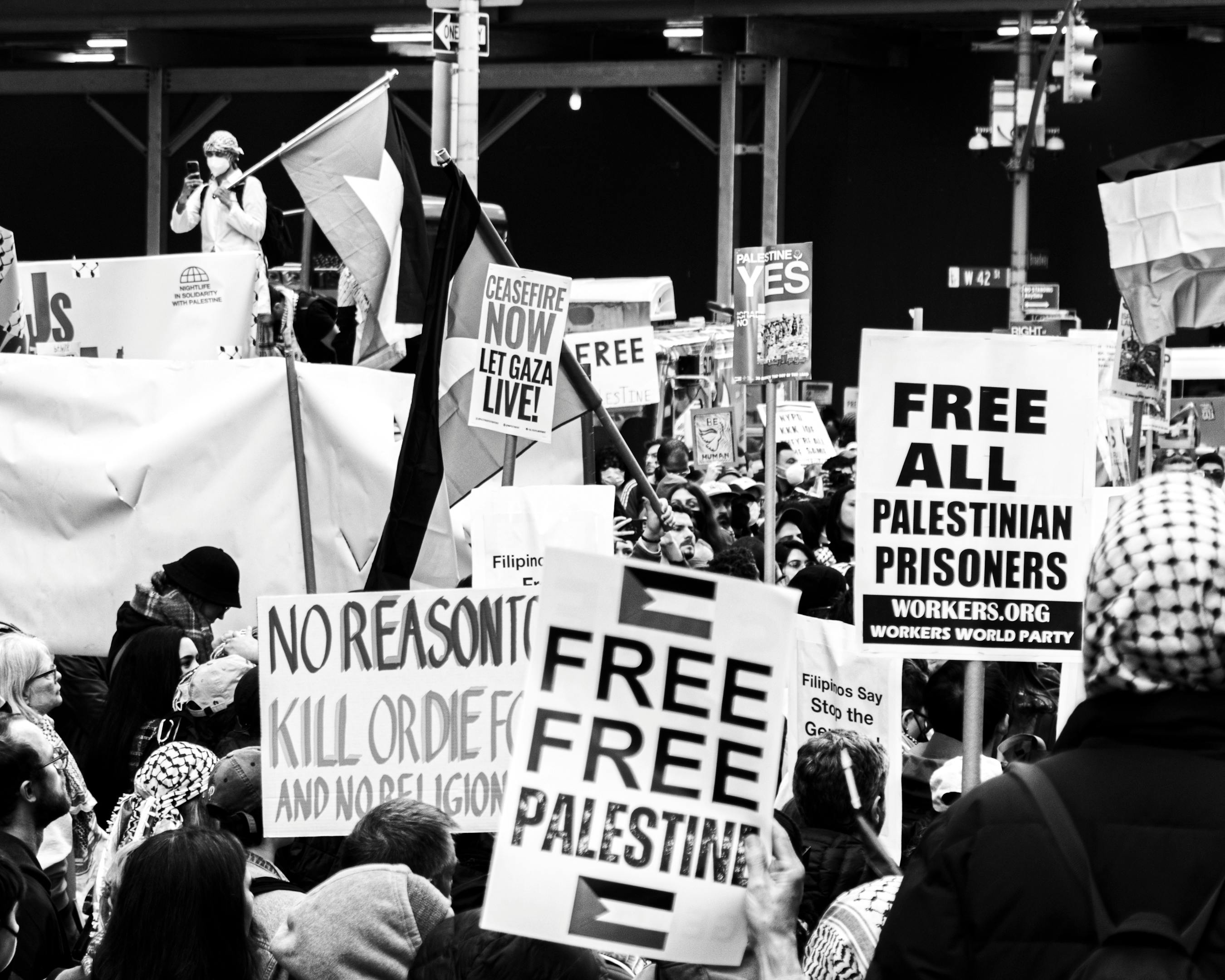EUs Role And Challenges In Gaza: A Closer Look

The Gaza Strip, a region mired in long-standing conflict and humanitarian crises, relies heavily on international aid to meet the basic needs of its population. Among the major contributors, the European Union (EU) has played a significant role in providing aid. However, recent comments by EU chief diplomat Josep Borrell have highlighted significant challenges in aid distribution. This article delves into the EU's involvement, the obstacles it faces, and the impact of its aid efforts in Gaza.
Historical Context of EU Aid in Gaza
The EU's engagement in Gaza dates back several decades, marked by various phases of intensified support in response to escalating conflicts and humanitarian needs. Historically, the EU has provided hundreds of millions of euros aimed at alleviating poverty, enhancing infrastructure, and ensuring basic services. Despite these efforts, the fluctuating political landscape and recurring conflicts have continuously shaped and reshaped the EU's aid strategies and outcomes.
Challenges in Aid Distribution
Logistical Challenges: Gaza's complex geographical and infrastructural barriers significantly hinder effective aid distribution. The region's dense population and limited entry points, compounded by frequent closures and restrictions, pose daunting logistical hurdles. Additionally, the destruction of infrastructure due to recurrent conflicts further complicates the delivery and distribution of aid.
Political Challenges: The intricate political tensions between Hamas, the governing authority in Gaza, and the Israeli government have a profound impact on aid operations. The EU's diplomatic relations and policies must navigate these tensions, often resulting in aid being caught up in political disagreements, which can delay or redirect aid flows away from intended recipients.
Coordination Challenges: Despite numerous international bodies working within Gaza, coordination issues abound. The overlap of missions and lack of clear communication often lead to inefficient aid distribution. Disparities in priorities among the EU, United Nations agencies, and various NGOs have also led to duplicated efforts and wasted resources.
Case Studies
Successful Aid Initiatives: Certain programs, like those focused on providing renewable energy sources and medical supplies, have successfully overcome these barriers. These initiatives have been characterized by strong local partnerships and thorough planning that accounted for the geopolitical complexities of the region.
Failed Aid Attempts: Conversely, some well-intentioned projects have failed, such as those hindered by sudden border closures or mismanagement by local authorities. These failures often result from inadequate understanding of the local context or insufficient engagement with local stakeholders.
The EU's Strategies and Adaptations
In response to ongoing challenges, the EU has adapted its approach in several key ways. It has increased its reliance on technology to track aid shipments and ensure they reach their intended destinations. Additionally, the EU has enhanced its dialogue with both Israeli and Palestinian authorities to facilitate smoother aid delivery.
Policy Recommendations
Experts suggest several ways to improve the efficacy of EU aid to Gaza:
- Enhanced Local Involvement: Engaging more deeply with local communities to understand their needs and tailor aid initiatives accordingly.
- Improved Coordination: Establishing a centralized coordination hub that includes all stakeholders to streamline efforts and resources.
- Increased Transparency: Implementing stricter monitoring and reporting mechanisms to ensure aid is used effectively and reaches those most in need.
Conclusion
The EU's role in providing aid to Gaza is fraught with challenges, yet it remains a crucial lifeline for the region's inhabitants. Addressing the highlighted issues requires a concerted effort from all international players, coupled with innovative solutions and genuine collaboration with local communities. With renewed focus and cooperation, the international community can enhance the impact of its aid, bringing tangible improvements to the lives of Gaza’s residents.
Author: Ricardo Goulart
The Self-Destructive Nature Of Anti-Tourism Protests: Balancing Resident Concerns With Tourism Benefits
In recent years, anti-tourism protests have become increasingly common across popular tourist destinations. From the Bal... Read more
Military And Strategic Implications Of The Ukrainian Drone Attack In Kursk
On a recent morning, the Kursk region in south-western Russia witnessed an unexpected and significant event: a Ukrainian... Read more
Chinese Tech Stocks Gain Ground Despite Wall Street Technology Sell-Off
Chinese tech shares in Hong Kong gained on Friday, defying a technology stock sell-off on Wall Street, driven by strong ... Read more
Defense Pact Between Britain And Germany: A Focus On Cybersecurity And Joint Operations
In a move set to redefine European defense collaboration, Britain and Germany have signed a comprehensive defense pact a... Read more
US Secret Service Director Steps Down After Trump Assassination Attempt
Security lapses admitted by Kimberly Cheatle prompt resignation.Kimberly Cheatle, the head of the US Secret Service, has... Read more
Kamala Harris Promises A Brighter Future In Official Campaign Launch
In a vibrant and impassioned campaign launch, Vice President Kamala Harris vowed to lead America toward a "brighter futu... Read more

